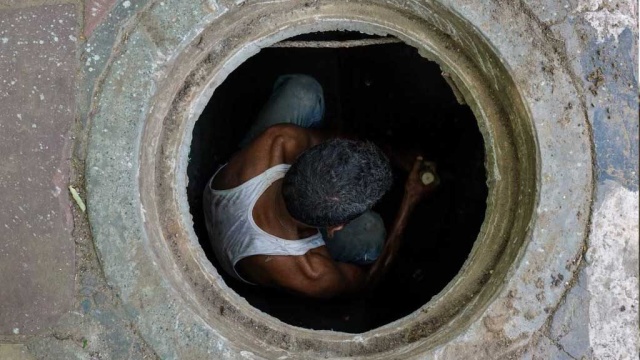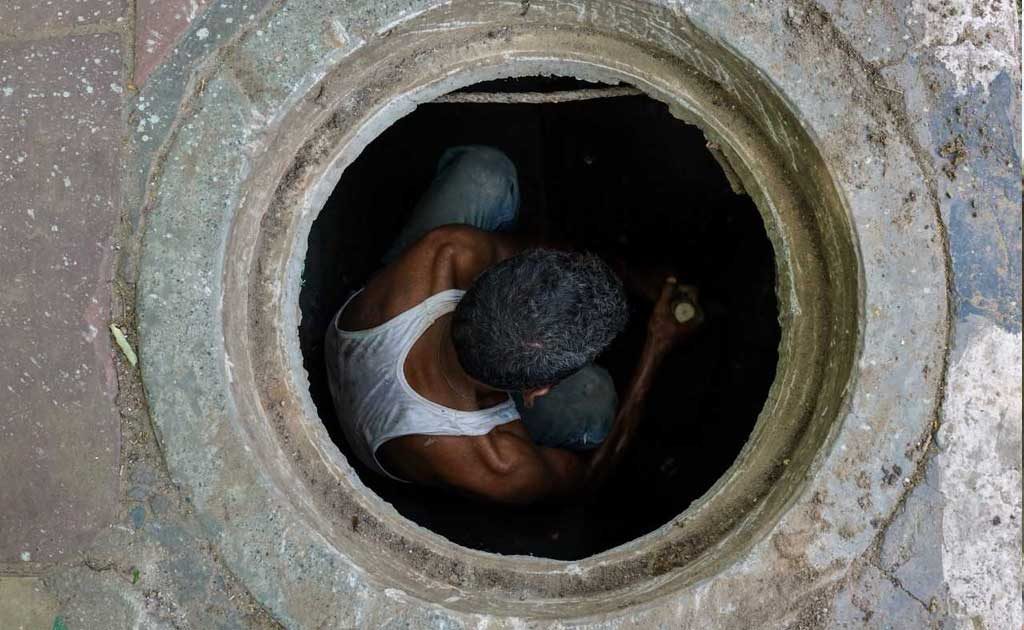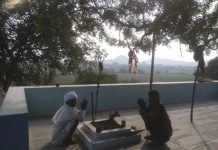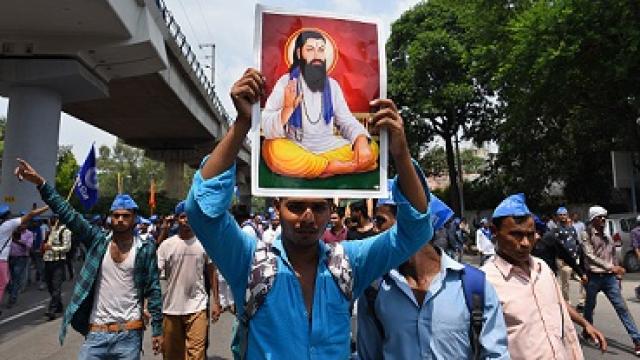The task of manual scavenging in India is done largely by a caste community called the Valmikis which is situated at the bottom of the caste hierarchy. It is time that marginalization and deprivation derived out of caste is abolished. Collective reconstruction of institutions accompanied by institutional reforms shall enable our communities to stand for justice.
Kabir | The New Leam
We know that India is a caste based society and for time immemorial this system of social oppression and inequality has continued to exist. The system of caste hierarchy is so culturally entrenched that despite a series of legislative and economic reforms, as a collective we have been unable to fight it. In urban areas and in rural spaces, the system of caste can be found in various forms and avatars.

Many people who belong traditionally to the oppressed classes have been able to find education, employment and thereby better their condition but even now for many people throughout India, resisting caste based hierarchy and marginalization is not easy. The plight of manual scavengers in the country is therefore an example which needs to be examined.
Thousands of Indians still earn their livelihood through scavenging, cleaning filthy washrooms with uncovered palms and even sanitizing septic tanks without any protection. The process of manual scavenging is a domain that clearly shows how pathological the practice of caste is for many people even till date whose existence continues to be miserable. These people belong overwhelmingly to the Valmiki caste community that is regarded to be at the very bottom of the caste system.
In the last year it is calculated that more than 300 people have died doing the work. The work is to say the least barbaric and even inhuman. These workers have to do their work without any protection or safety measures. Indian governments since independence have passed legislation’s outlawing manual scavenging, the first in 1955. But the gap between law and practice prevails in the reality. Nobody has ever been convicted for using scavenger labor. Many years post-independence the plight of these workers continues to be pathological.
ALSO READ : Revisiting Caste with Renewed Criticality and Empathetic Understanding
The pain and taboo associated with being born in a certain caste, continues to convert their lives into one of immense segregation and discrimination. It is estimated that these communities are also finding it very difficult to find occupations other than scavenging, because communities have largely associated them with these pollution associated works.
The tasks these communities are required to perform are not only inhuman and unjust but ask for a collective rethinking of social institutions. It is the opportune moment to rethink caste, abolish discriminatory practices and work towards social equity.
***
If you Liked the story? Go ahead and support the cause of independent journalism. DONATE NOW













